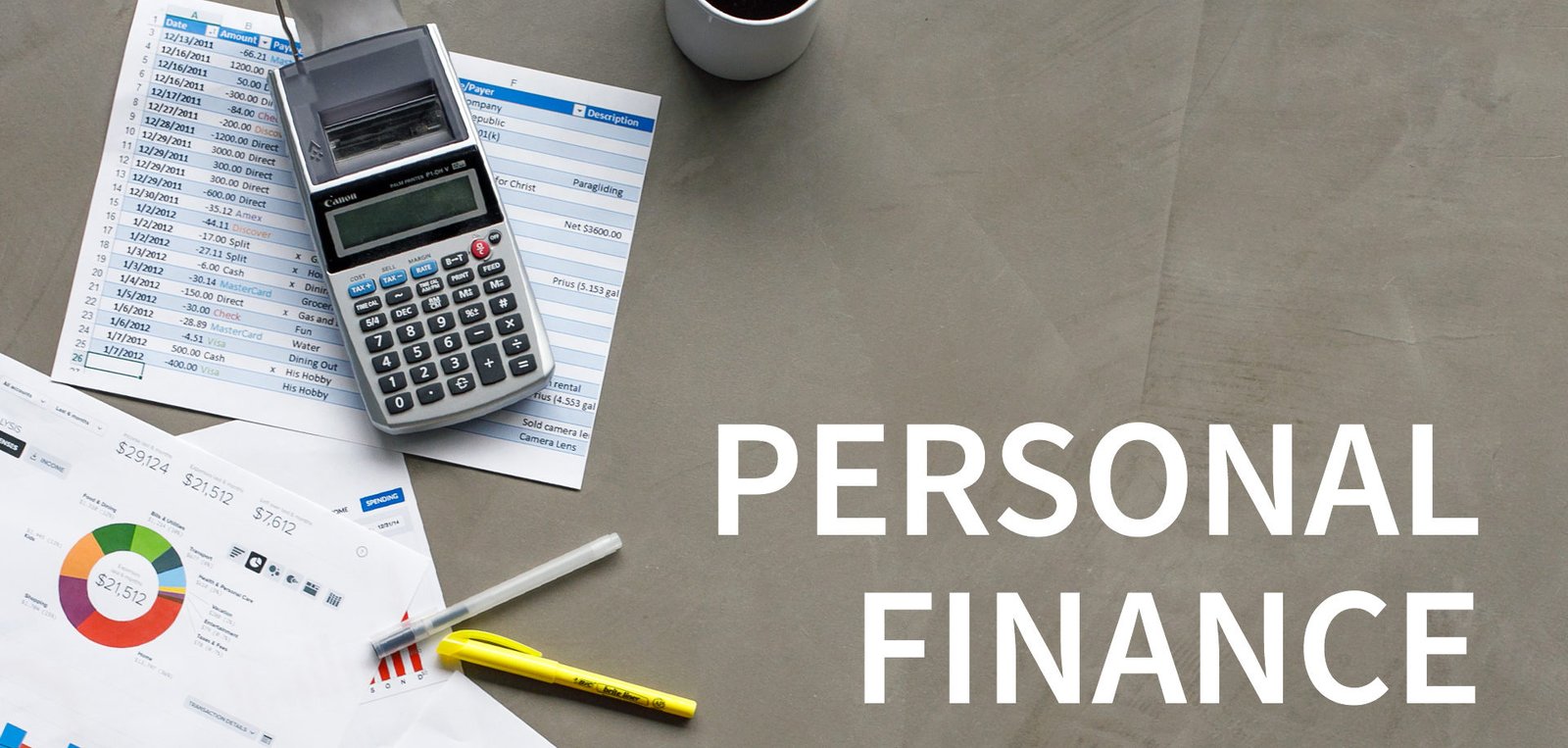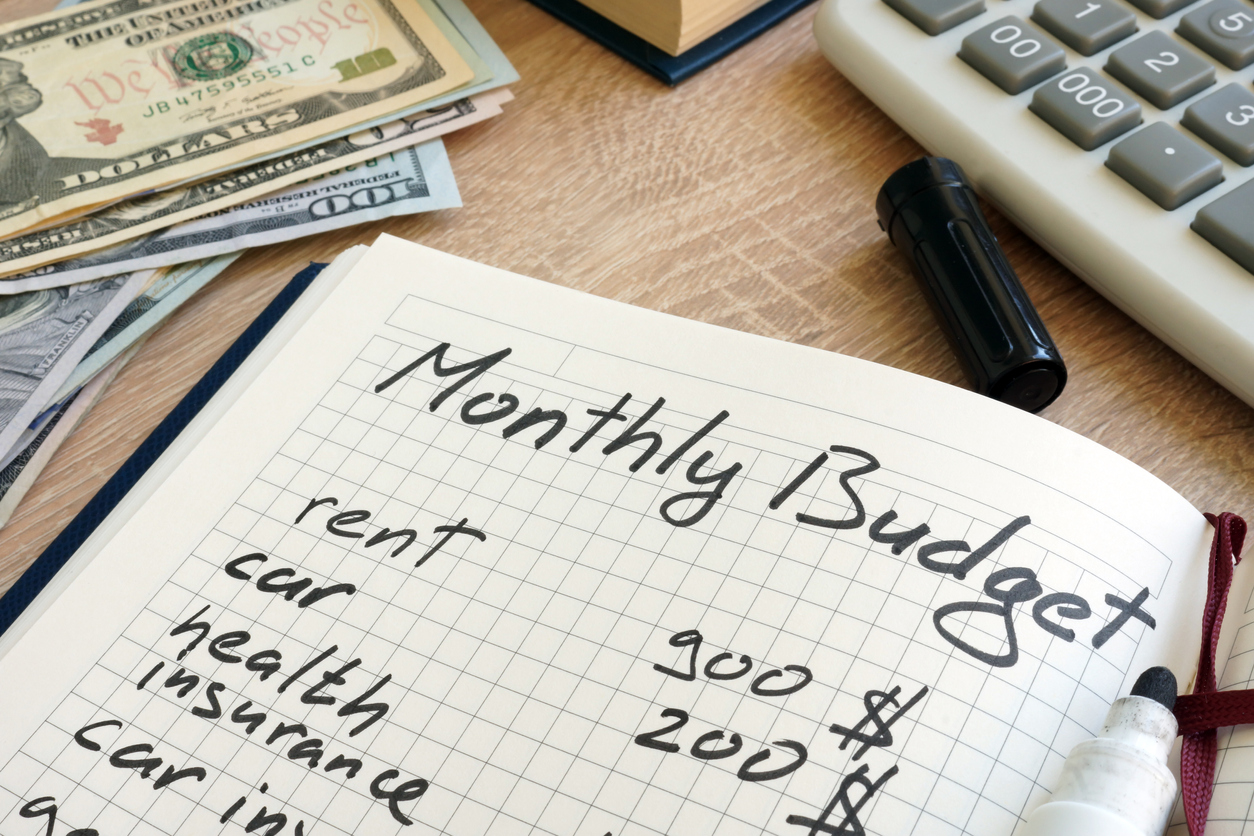Back to: BUSINESS STUDIES JSS3
Welcome to JSS3 Second Term!
We are building on our work from the First term as we learn more about Business Studies.
In today’s class, We will be discussing Personal Finance. We hope you enjoy the class!

Personal finance means the ways an individual manages his personal money and other assets. An individual may obtain funds from the following sources:
- Personal savings
- Loans from banks
- Borrowing from friends and relatives
- Trade credit or credit facilities from suppliers
USES OF PERSONAL BUDGET
A budget is an estimate of income and expenditure at a particular period of time. A budget may be prepared by an individual, business organizations and government. Governments prepare budgets annually.
However, a personal budget can be used for the following:
- It helps in planning how to live within one’s income
- It discourages extravagant spending
- It shows how much is to be spent on each item of expenditure
- It enables family members to know their financial status
SCALE OF PREFERENCE
This is the arrangement of an individual’s needs in order of priority.]This means the most needed item comes before luxuries.
MODESTY
Modesty is a situation whereby an individual lives within his/her income without being extravagant in spending. The attributes of modesty are the following:
- Living within one’s means
- Prudence
- Contentment
- Simplicity
A modest living will encourage self-control, prudent spending and discourage an individual from corrupt practices such as stealing, fraud, drug trafficking and bribery
CONSUMPTION AND CHOICE
Consumption means the amount of goods and services people buy and use. Everyone has needs and wants, but in most cases, the money at hand is not always enough to buy all these needs, hence, an individual makes choice. Choice is the decision one makes among the items needed.

PREPARATION OF AN INDIVIDUAL BUDGET
The common items which are included in an individual’s personal budget are:
- Food
- House rent
- Medical care
- Education
- Clothing
- Personal care products
- Electricity and water rates
- Transport
- Religious commitments e.g. tithes and offering
- Miscellaneous
READING ASSIGNMENT
Business Studies for Junior Secondary Schools, Book 3 by O.A Lawal et al pages 94-97
GENERAL REVISION QUESTIONS
- What is an invoice?
- Give five items that can be contained in an invoice.
- Who issues an invoice?
- Differentiate between an invoice and a pro forma invoice.
- Differentiate between a debit note and a credit note.
WEEKEND ASSIGNMENT
- The management of one’s personal money is termed as _____ budget B. scale of preference
- personal finance D. consumption
- All these are sources of fund that may be available for an individual except____ (A) loan from a bank (B) trade credit (C.) issue of shares (D.) personal savings
- The arrangement of needs in order of importance is known as _____ (A.) personal finance (B.) choice (B) budget (D.) scale of preference
- Governments prepare budget _____ monthly B. yearly C. quarterly D. bi-annually
- The estimate of income and expenditure is called_____ (A) scale of preference (B.) consumption (C) budget (D.) personal finance
THEORY
- What is personal finance?
- Enumerate five essential items in a personal budget
- State two uses of a budget.
